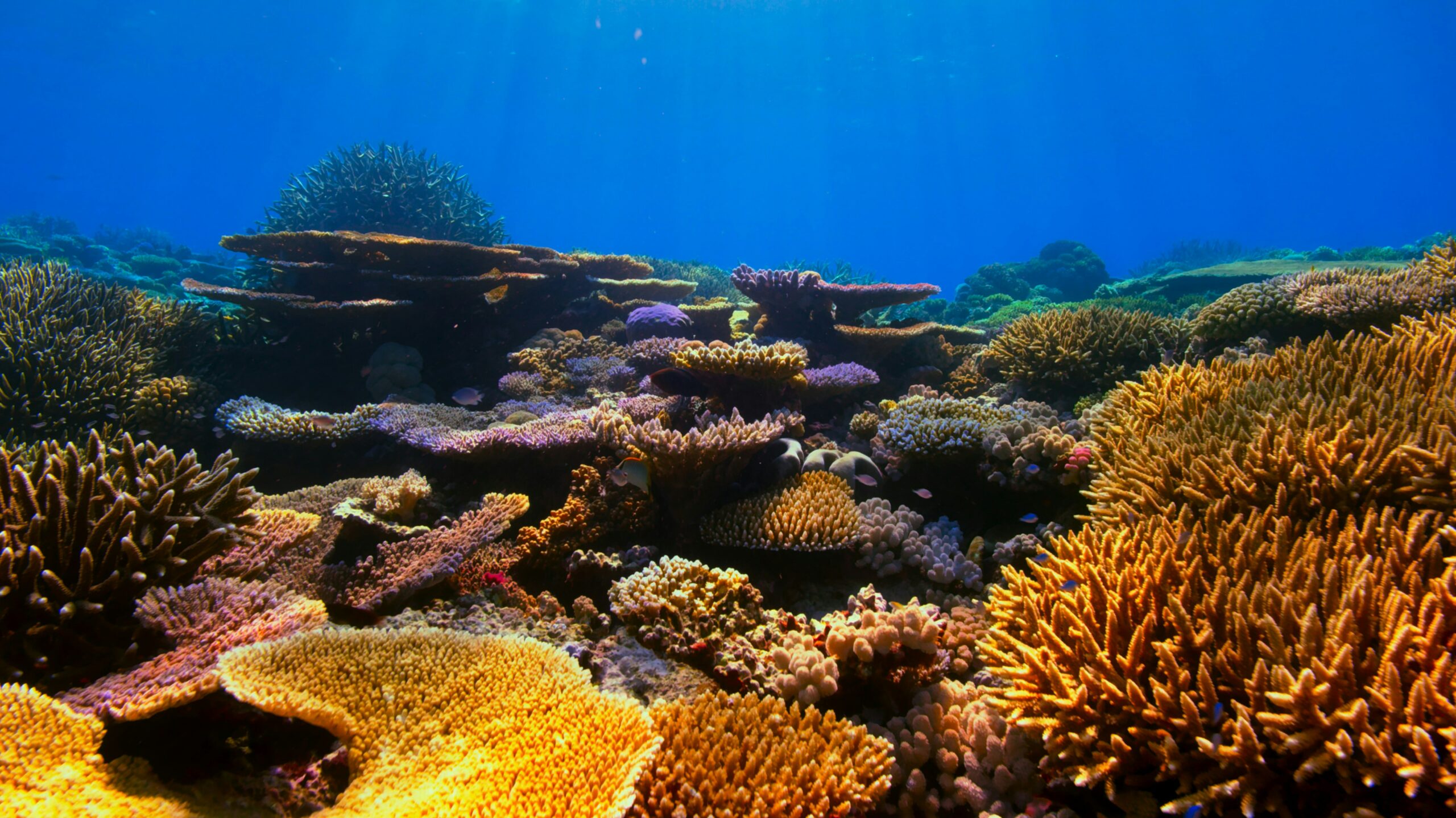Study finds reefs rebounded to near pre-cyclone conditions within four years, offering hope for climate resilience
Photo by Oleksandr Sushko
Coral reefs in Fiji have demonstrated remarkable resilience following the devastation caused by Category 5 Tropical Cyclone Winston in 2016, rebounding to near pre-cyclone conditions within four years despite losing more than half of their hard coral cover, according to a new study published in Coral Reefs.
The research, led by the Wildlife Conservation Society (WCS), University of the South Pacific, and partners, analysed 18 reef sites across two large barrier reef systems in Fiji before, immediately after, and four years following the cyclone, which was the strongest storm ever recorded in the Southern Hemisphere at the time.
Researchers documented a 54% relative loss in hard coral cover in 2016, primarily branching and plating Acropora species. By 2020, coral and community composition had recovered significantly, underscoring the resilience of Pacific reefs with high connectivity and strong ecological foundations.
The team used long-term survey data and wave modelling to link reef damage with cyclone exposure. Sites directly in Winston’s path lost up to 91% of hard coral cover, while less exposed reefs fared better. All sites showed strong recovery by 2020, supported by high levels of herbivorous fish biomass and larval replenishment from surrounding reefs.
Dr Sangeeta Mangubhai, co-author, Pew Marine Conservation Fellow, and member of the Fiji National Hub for Coral Reef Conservation, said: “This research is both timely and critically important given that Fiji is currently developing its National Action Plan for Coral Reefs. It sends a powerful message – local communities are essential to the successful management of our coral reefs.”
Paul van Nimwegen, WCS Fiji Country Director, stated: “Emerging science from this study can help pinpoint places where conservation investments will have the greatest impacts. WCS is proud to be facilitating the development of the country’s first National Action Plan for Coral Reef Conservation in partnership with the Ministry of Environment and Climate Change under the guidance of the National Hub.”
Dr Stacy Jupiter, co-author and Executive Director of the Wildlife Conservation Society’s Global Marine Program, emphasised the global significance: “We are finding more and more examples from both marine and terrestrial realms around the planet where ecosystems that start from high integrity baselines, in terms of having robust structure, function and composition, can withstand and recover even from large climate shocks. At a time when the news about coral reefs is often doom and gloom, these findings give us hope and cause to continue to invest in coral reef conservation in places we believe stand a strong chance to persist even in a rapidly changing climate.”
The findings demonstrate that identifying and prioritising high-integrity, climate-resilient coral reef sites is essential for conservation investments as reef ecosystems worldwide face increasing threats from climate change.
